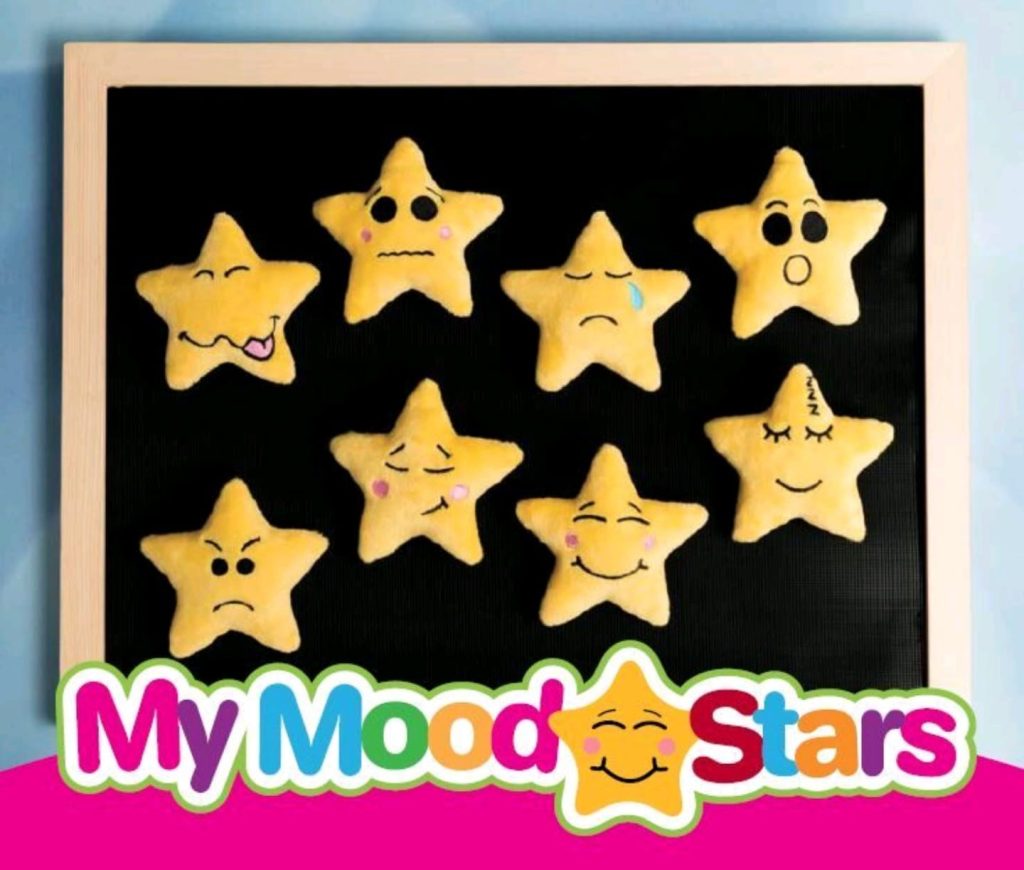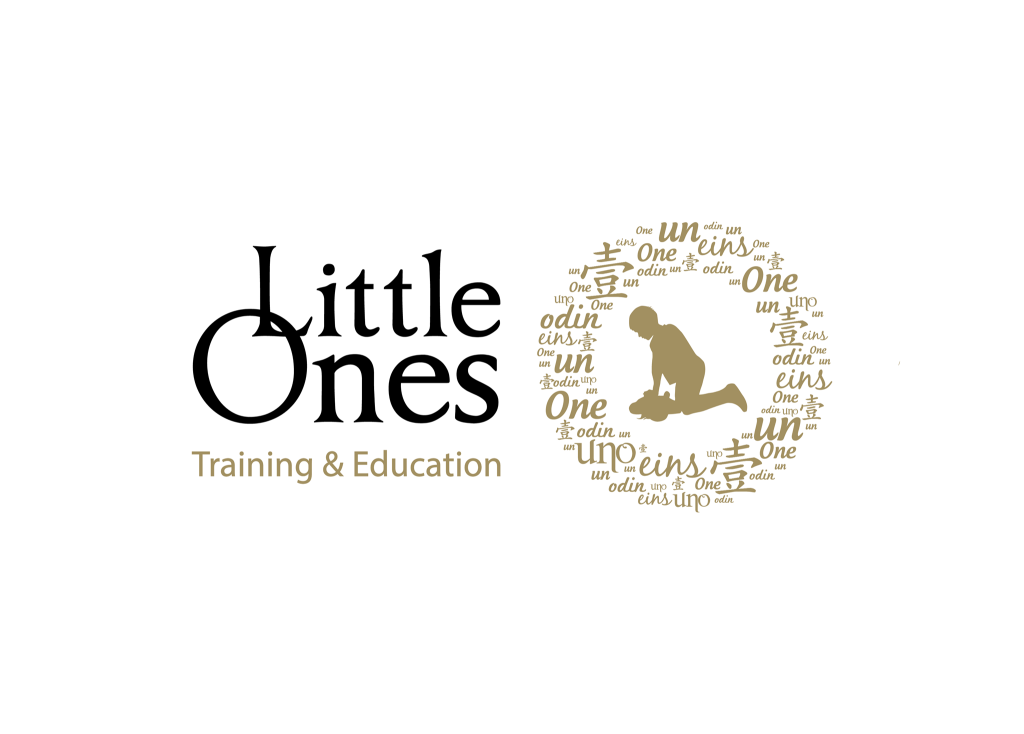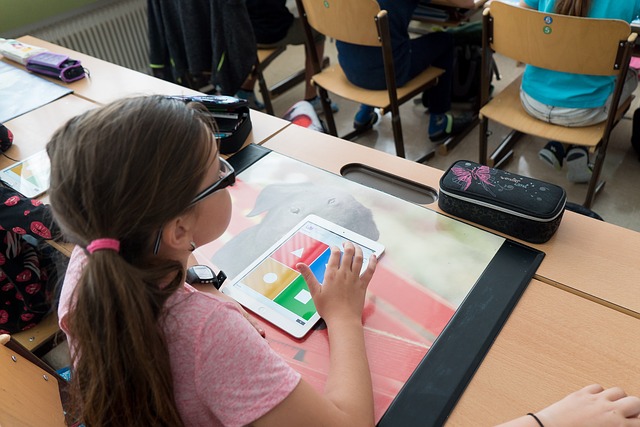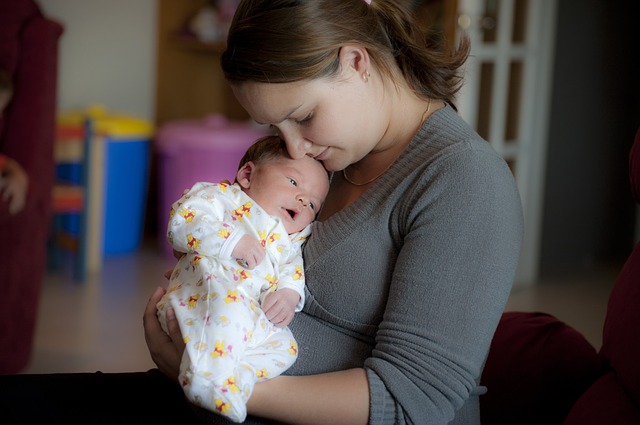Do you remember when you were young and the hours of fun that you had playing with a bowl of water, bubbles, pots and pans, a ball? Did you realise that you were learning?
Learning through play is one of the most important elements of a child’s development. Play encourages Language Skills, creativity, social skills, a sense of fun and the ability to enjoy time alone or as part of a group. Children often learn skills that they will use for the rest of their life and that will help them with the more academic learning they will have to undertake.
Here are some examples of how inexpensive and easily accessible playthings can help your young children learn: –
Anything physical like ball games, climbing in the park, running will all enhance and strengthen they body, help with co-ordination skills and encourage a lifelong enjoyment of keeping fit and healthy.
Board Games, Card Games, party games all help with learning to take turns, teamwork, ability to mix and socialise with others.
Building blocks, shape sorters and jigsaws help with fine motor skills, developing logic, recognising differing shapes and sizes and putting things into order, all brilliant skills when it comes to maths and science.
Singing, playing musical instruments and dancing all help with listening and hearing skills and help develop a sense of rhythm.
Play dough, drawing, painting, playing with dolls, dressing up, using empty boxes, sandpits, are great for imagination and creativity. For slightly older children writing basic stories alongside their pictures help with learning to express their feelings and language skills.
Playing with water is a great start to science and Maths, learning the difference between fluids and solids, measuring, different size containers.
What ever they do, it needs to be a fun and entertaining environment, not forced. Let children take the lead and do things their way. If the play area and equipment are safe there is no reason why they cannot find different and unusual ways of doing things and experiment. Remember children all develop at different rates and some children that can do a simple jigsaw may find it difficult to share and visa verse.
And finally, at the end of the day, when your little one is tired and exhausted from all that playing and using their imagination don’t forget to make reading time fun. Let them look at the pictures and tell the story they see.
Spending time playing either as a family or on their own need not be expensive or time consuming, a few minutes playing a card game, or kicking a football about can really help a child calm down, get them (and you) in a happy place and get on with the day. Never underestimate the benefits of having fun!











